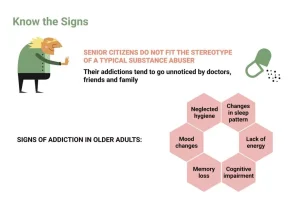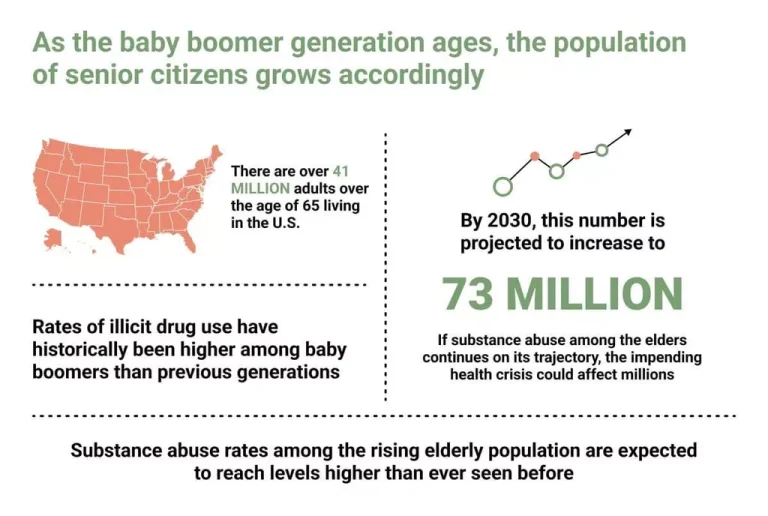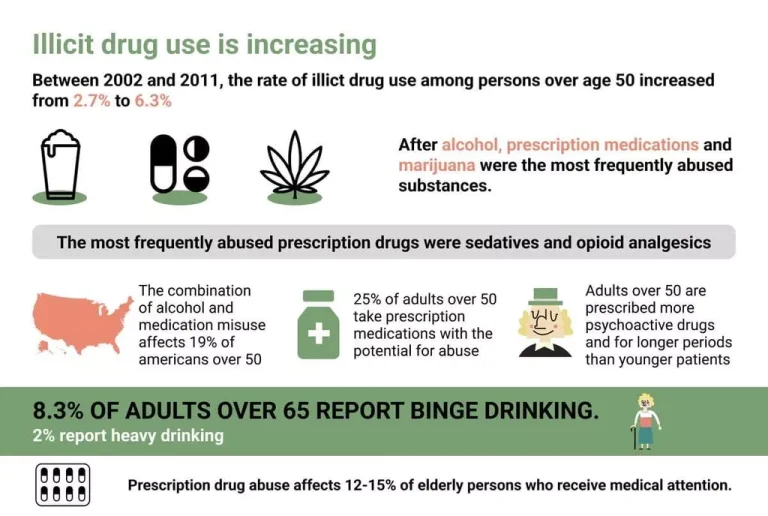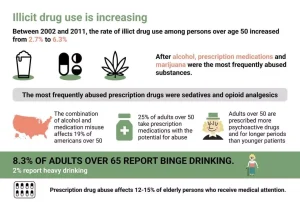20 Long-Term Effects of Alcohol Use on The Body
- April 21, 2023
- haven
- Leave a comment

However, when the intestines become irritated and inflamed by too much alcohol, they lose their efficiency, which manifests as chronic diarrhea. Addiction Resource team has compiled an extensive list of the top drug rehabilitation facilities around the country. Click on the state you are interested in, and you’ll get a list of the best centers in the area, along with their levels of care, working hours, and contact information.

Signs of an Alcohol Use Disorder
“This may give us insight into why relapse rates for people addicted to alcohol are so high,” Janak said. “Alcohol-induced neural deficits may contribute to decisions to drink even after going to rehab. We can Sober living house clearly demonstrate these deficits can be long-lasting.” Previous experiments in animals weren’t comparable to humans with alcohol use disorder because the animals didn’t demonstrate deficits in rapid decision-making. The team believes this was because tasks in earlier experiments were too easy. As a depressant, alcohol causes chemical changes in the hormones in our brain.

Short-term physical impact
- But when you ingest too much alcohol for your liver to process in a timely manner, a buildup of toxic substances begins to take a toll on your liver.
- At Tom’s Guide she writes to help people sleep better, from how-tos to the latest deals to mattress reviews, and has interviewed an array of specialists who share her passion.
- The long-term effects of alcohol can be devastating, but they don’t have to define your future.
Recovery is possible, and it starts with taking that first step toward change. The effects of alcohol go beyond just physical and mental health—they also ripple into the social sphere. Chronic alcohol use can negatively affect relationships, careers, and overall quality of life. Whether you want to cut back or quit entirely because of a growing alcohol dependency, talk to your doctor about developing a personalized plan. They can assess your drinking habits, discuss potential health risks and provide support and guidance.

How can you minimize the effects of alcohol?
However, the connection between alcohol and various sleep disorders is often lesser-known. Studies show that people with unhealthy drinking habits have a higher risk of developing a nightmare disorder and sleep apnea. They are also three times more likely to develop periodic limb movement disorder. Heavy drinking can affect the liver, which is our body’s natural detoxifying organ.
Does Alcohol Kill Brain Cells?
It’s important to note that any amount of alcohol in your system can interfere with your ability to think and function without impairment. These brain chemicals are responsible for regulating your mood, concentration, motivation, and reward-seeking behavior. Drinking alcohol can influence your psychological functioning and well-being. Alcohol use suppresses the central nervous system and destroys neurons. This can lead to conditions like stroke, amyotrophic lateral sclerosis (ALS), Alzheimer’s disease, and multiple sclerosis (MS). A comprehensive 2015 review found that alcohol use is one of the leading contributors to pancreatitis because it causes the pancreas to produce toxic substances.

The Impact of Drinking on Menstrual Symptoms
- Alcohol can specifically impact cortisol, which is often called the stress hormone.
- The liver carries responsibility for breaking alcohol down and eliminating its byproducts from the bloodstream as rapidly as possible.
- The likelihood of developing one of these cancers also depends on an individual’s genetic factors, health conditions, and other lifestyle habits, such as smoking tobacco.
- Each of those consequences can cause turmoil that can negatively affect your long-term emotional health.
- Drinking too much alcohol over the years can have a wide-ranging impact on nearly every system in the body.
- By Geralyn Dexter, PhD, LMHCDexter has a doctorate in psychology and is a licensed mental health counselor with a focus on suicidal ideation, self-harm, and mood disorders.
Drinking alcohol on a regular basis can also lead to dependence, which means your body and brain have grown used to alcohol’s effects. Long-term alcohol use can affect bone density, leading to thinner bones and increasing your risk of fractures if you fall. A damaged pancreas can also prevent your body from producing enough insulin to use sugar. That’s because your body already has processes in place that allow it to store excess proteins, carbohydrates and fats.

Some of these changes appear in a brief period, while others develop over months or years. Conversely, individuals with heavy alcohol use (both during intoxication and withdrawal) have a higher likelihood of developing personality disorders. In fact, alcohol abuse induces and exacerbates the symptoms of such disorders, making them more difficult to manage or respond to treatment.
The pancreas is essential for breaking down enzymes and starches (like those in alcohol). When the pancreas becomes irritated and inflamed, Long term Effects of Alcohol on the Body you can develop pancreatitis. We’ll be able to tell you if your insurance provider is in network with an American Addiction Centers treatment facility. A weakened immune system has a harder time protecting you from germs and viruses. Drinking alcohol can lower your inhibitions, so you might assume alcohol can ramp up your fun in the bedroom. Drinking too much alcohol over time may cause inflammation of the pancreas, resulting in pancreatitis.
Overdoing it on alcohol causes body aches and pain from dehydration, leading to muscle cramps and generally feeling uncomfortable. This is notable, because heart disease is already the leading cause of death in men and women. By Geralyn Dexter, PhD, LMHCDexter has a doctorate in psychology and is a licensed mental health counselor with a focus on suicidal ideation, self-harm, and mood disorders. The effects of alcohol can range from mild, such as skin flushing, to more severe symptoms such as passing out or vomiting. Certain factors may increase your chances of experiencing alcohol use disorder. That’s because drinking during pregnancy doesn’t just affect your health.
Increased Risk of Blood or Brain Disease
Drinking can also impair your judgment, leading you to engage in risky sexual behaviors that could put you at higher risk of contracting sexually transmitted diseases. Other long-term effects of alcohol on women’s health include an increased risk of osteoporosis, breast cancer, and heart disease. These findings suggest that changes in these health behaviors could result in decreased healthcare costs. Notably, the study found that individuals who are obese or frequent drinkers incur higher healthcare costs than smokers, which is consistent with previous research findings 1, 20, 39. Alcohol is one of the most commonly consumed substances worldwide, but its widespread use often masks the significant long-term risks it poses to both physical and mental health.

Leave a Comment